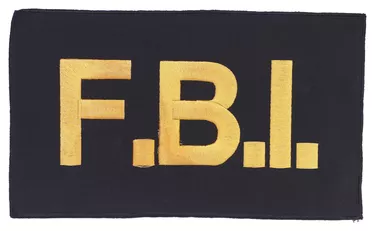
Fake companies perpetrate all kinds of frauds, including but not limited to investment scams, insurance scams, identity theft, lottery scams, and fraudulent offers of goods and services that never materialize even though you paid for them. Insurance fraud alone accounts for more than $100 billion in losses annually.
Step 1
Make a note of names of callers, phone numbers, company names, and addresses where you are asked to send money.
Video of the Day
Step 2
Write down as much as you can remember about your conversation, whether it is in person or on the phone. Use a digital recorder to record the conversation, if you have one available, and download the audio file to your computer.
Step 3
Organize your evidence. Make at least three copies, and keep a copy for your own records.
Step 4
Call the FBI. Go to www.FBI.gov to find the phone number of your local FBI office. They can also give you advice on how to protect yourself against fraud.The FBI agent will either send you a form or ask you to send in a copy of the information you have collected.
Step 5
Contact your state attorney general or consumer protection office and your local police to report the scam, particularly if you have lost money or assets as a result of fraud. Each agency you contact will probably ask you to send in a copy of your evidence.
Tip
Other places to report fraudulent companies are the Federal Trade Commission (www.FTC.gov), the Securities and Exchange Commission (www.SEC.gov), the Consumer Affairs Bureau, the Better Business Bureau, and if you believe the scam is from a local company, your local Chamber of Commerce.
Warning
Never report a company as a scam just because they did not provide good customer service or they parked their delivery truck in front of your driveway. Those actions may be annoying, but reporting fraud is a serious accusation, and if it is shown to be a frivolous report, it can carry significant consequences for the person making the charges.
Video of the Day